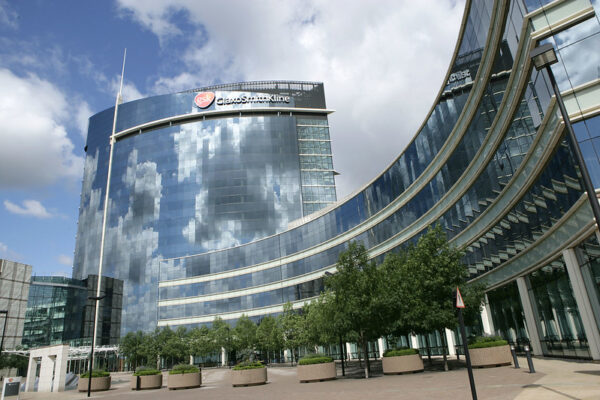
A document posted online ahead of a Food and Drug Administration expert panel meeting to determine whether or not to recommend accelerated approval for a novel drug for heavily pretreated multiple myeloma has raised significant concerns about the drug’s benefit-risk profile.
On Friday, the FDA posted a briefing document for a meeting Tuesday by the Oncologic Drugs Advisory Committee to discuss London-based GlaxoSmithKline’s belantamab mafodotin. If approved, the antibody-drug conjugate could become the first of several therapies – including CAR-T cells and bi-specific antibodies – developed to target BCMA, an antigen widely expressed in multiple myeloma. However, the FDA raised concerns about the high incidence of ocular toxicity – particularly keratopathy – in the registration-directed Phase II DREAMM-2 trial.
Shares of GSK were down more than 1% on the London Stock Exchange when markets closed Friday, and down by approximately the same amount on the New York Stock Exchange in afternoon trading. The company did not respond to a request for comment.
FDA advisory committees consist of outside experts – doctors, biostatisticians, patient advocates and others – brought in to review data in support of the FDA’s review. The agency is not required to follow their recommendations when deciding whether or not to approve a drug, but usually does. The agency has until August to decide whether or not to approve belantamab mafodotin.
Data from DREAMM-2 published in The Lancet in December showed that 31% of the 97 patients who received the drug at 2.5mg per kilogram of body weight and 34% of the 99 who received it at 3.4mg/kg achieved a response to therapy. However, keratopathy rated as severe or life threatening occurred in 27% of 95 patients in the 2.5mg/kg group and 21% of the 99 in the 3.4mg/kg group. The FDA noted in the briefing document that it was associated with severe vision loss in some patients and significant interference in daily living activities, as well as driving and reading. Moreover, the effects have not typically been seen in other multiple myeloma drugs, strategies to mitigate it remain unclear, and there was incomplete data about reversibility and severity.
“Although the efficacy results from DREAMM-2 suggest a benefit with belantamab mafodotin in the proposed population of patients with [relapsed or refractory multiple myeloma], it is not clear whether the benefit outweighs the risks of ocular toxicity,” the document read.

A Deep-dive Into Specialty Pharma
A specialty drug is a class of prescription medications used to treat complex, chronic or rare medical conditions. Although this classification was originally intended to define the treatment of rare, also termed “orphan” diseases, affecting fewer than 200,000 people in the US, more recently, specialty drugs have emerged as the cornerstone of treatment for chronic and complex diseases such as cancer, autoimmune conditions, diabetes, hepatitis C, and HIV/AIDS.
If ODAC votes against belantamab mafodotin, and the FDA follows suit in rejecting it, it will mark the second setback for a BCMA-targeting therapy. The first came in May when the agency sent a refuse-to-file letter to bluebird bio and Bristol-Myers Squibb for idecabtagene vicleucel, their CAR-T cell therapy. In the RTF, the agency cited insufficient detail in the chemistry, manufacturing and control module of their application and stated that it needed supplemental information detailing the validation and control processes used in the lentiviral vector and drug product manufacturing processes for the CAR-T. BMS and bluebird said they plan to resubmit their application by the end of this month.
Photo: GSK













